Common Sense, Then and Now
https://mises.org/mises-wire/common-sense-then-and-now
02/16/2025 Mises Wire George Ford Smith
Today, I will sign a series of historic executive orders. With these actions, we will begin the complete restoration of America and the revolution of common sense. It’s all about common sense. — President Donald Trump’s inaugural address, January 20, 2025 (emphasis added)
Presidents other than Trump have invoked the appeal of “common sense” in their inaugural address, though, in the case of George W. Bush, it carried the message of perpetual war:
We are led, by events and common sense, to one conclusion: The survival of liberty in our land increasingly depends on the success of liberty in other lands. The best hope for peace in our world is the expansion of freedom in all the world.
That Bush had anything to do with establishing “peace in our world” would be a difficult statement to validate, given the bloody wreckage he created in Afghanistan and Iraq and the consequences for Americans on the homefront, highlighted by the Orwellian 52,000-word USA Patriot Act and one of the act’s creatures—the Department of Homeland Security.
The overseas invasions and war on freedom at home were part of Bush’s War on Terror that one Chris Harget in Campbell, CA dared submit to logic and common sense, as it appeared in a letter-to-the editor of the L.A. Times:
How can . . . any reasonable person suppose that there can be a “war” against terror? There is no strategic objective to win. There is no specific force to overwhelm. Terrorism is a technique, not an opponent.
In our society, terrorism is a crime and would be more efficiently and effectively treated as such.
In 2006, Mother Jones published a timeline of the lies leading to the Iraq invasion, which they claim is “sourced to primary documents and initial news accounts.”
So much for Bush’s liberty movement. But what about Trump? How closely is he aligned to Bush’s view? If you read Trump’s words closely you can hear a different message than the one Bush made:
Like in 2017, we will again build the strongest military the world has ever seen. We will measure our success, not only by the battles we win, but also by the wars that we end, and perhaps most importantly, the wars we never get into.
My proudest legacy will be that of a peacemaker and unifier.
He didn’t just say he wanted to be a peacemaker; he said it would be his proudest legacy, a far stronger statement.
As a hugely successful businessman, Trump has no use for war. But there’s a problem—the Council on Foreign Relations calls the shots on foreign policy, according to Hillary Clinton, and is said to be “the nearest thing we have to a ruling establishment in the United States.” It’s been around since 1921 and no doubt was tuned into JFK’s inaugural address of 1961:
Let the word go forth from this time and place, to friend and foe alike, that the torch has been passed to a new generation of Americans . . . [who are] unwilling to witness or permit the slow undoing of those human rights to which this nation has always been committed, and to which we are committed today at home and around the world. . . . we shall pay any price, bear any burden, meet any hardship, support any friend, oppose any foe to assure the survival and the success of liberty.
One can almost hear an interventionist chorus of “‘atta boy, John, thatta boy.” But eventually JFK got religion—common sense—as we find in his commencement address at American University on June 10, 1963:
I have, therefore, chosen this time and this place to discuss a topic on which ignorance too often abounds and the truth is too rarely perceived—yet it is the most important topic on earth: world peace.
He realized countries unloading nukes on one another might elevate cockroaches to the highest lifeforms. Further on, he mentioned some of the “wholly baseless and incredible” claims Soviet propagandists made in an “authoritative” text on military strategy:
American imperialist circles are preparing to unleash different types of wars . . . that there is a very real threat of a preventive war being unleashed by American imperialists against the Soviet Union . . .
It’s interesting Kennedy would view the claims as groundless when he had rejected a proposal from the Defense Department a year earlier called Operation Northwoods that would consist of false flag operations—on American soil and against American people—that could be blamed on Castro and thereby justify a military invasion of Cuba. It’s as if Soviet spies had gathered intelligence about Northwoods and wrote about it in their military strategy.
JFK’s “Peace Talk” flagrantly violated the anti-communist, warmongering positions of the American defense and intelligence establishment, and—combined with Northwoods, Bay of Pigs, Mongoose, his firing of CIA Director Allen Dulles, his handling of the Cuban Missile Crisis, his ambivalent position on Vietnam—certain people concluded he was not up to the fighting spirit he once projected. After November, 1963, he no longer projected anything. But JFK—as DJT wishes for himself—at least has a legacy of peace.
Common Sense at the Country’s Founding
In a May 8, 1825 letter to Richard Henry Lee Thomas Jefferson wrote:
…this was the object of the Declaration of Independance [sic]. not to find out new principles, or new arguments, never before thought of, not merely to say things which had never been said before; but to place before mankind the common sense of the subject . . . all it’s authority rests then on the harmonising sentiments of the day, whether expressed, in conversns [sic] in letters, printed essays or in the elementary books of public right . . .
Jefferson, like others then and now, was defending the Declaration on the basis of what he understood as the common beliefs of the people of his era: We hold these truths to be self-evident . . .
Regarding foreign policy, no one has come close to expressing America’s long-renounced non-interventionist position in such principled and evocative prose as John Quincy Adams in his famous July 4, 1821 “Monsters to Destroy” speech in which America well knows:
…that by once enlisting under other banners than her own, were they even the banners of foreign Independence, she would involve herself beyond the power of extrication, in all the wars of interest and intrigue, of individual avarice, envy, and ambition, which assume the colors and usurp the standard of freedom.
Donald Trump, so far, is bringing a desperately-needed and refreshing amount of common sense to government actions, such as officially recognizing only two genders, eliminating all government diversity programs, freeing (“pardoning”) the J6 prisoners, deregulating drilling, and withdrawing from the Paris Climate Treaty and the WHO. All these are filed under escaping the madhouse.
What about foreign policy? Would any of Trump’s advisors show him Adams’ speech? And would he buy into it?
Powered by Fed money-printing, the American state has frequently enlisted “under other banners than her own,” in which it was involved in conflicts “beyond the power of extrication,” where a wealth- and life-destroying federal government in no way expresses the principles Jefferson penned so eloquently in our founding document.
Surely Trump can find some way to bring common sense to foreign policy. Someone, anyone, please show him Adams’ speech. His legacy as peacemaker depends on it.
Legal Notice / Disclaimer
Ahead of the Herd newsletter, aheadoftheherd.com, hereafter known as AOTH.Please read the entire Disclaimer carefully before you use this website or read the newsletter. If you do not agree to all the AOTH/Richard Mills Disclaimer, do not access/read this website/newsletter/article, or any of its pages. By reading/using this AOTH/Richard Mills website/newsletter/article, and whether you actually read this Disclaimer, you are deemed to have accepted it.
Share Your Insights and Join the Conversation!
When participating in the comments section, please be considerate and respectful to others. Share your insights and opinions thoughtfully, avoiding personal attacks or offensive language. Strive to provide accurate and reliable information by double-checking facts before posting. Constructive discussions help everyone learn and make better decisions. Thank you for contributing positively to our community!
2 Comments
Leave a Reply Cancel reply
You must be logged in to post a comment.




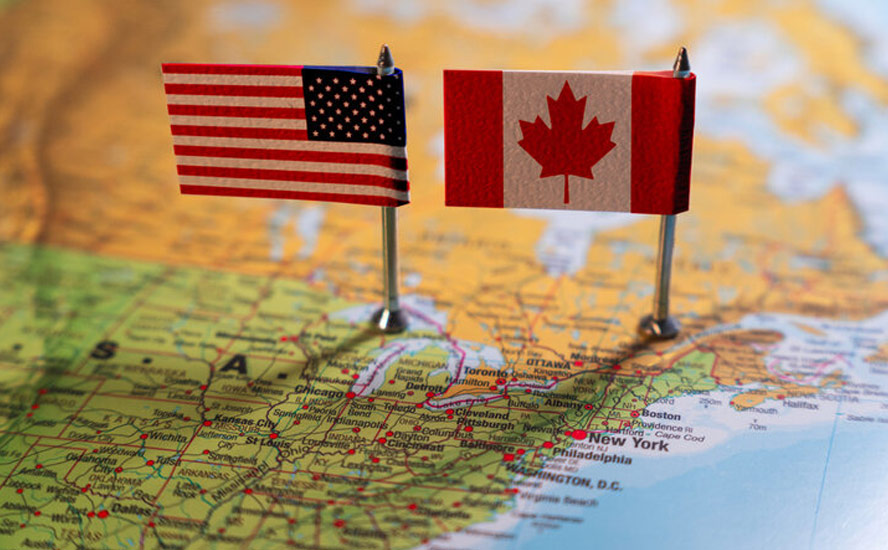







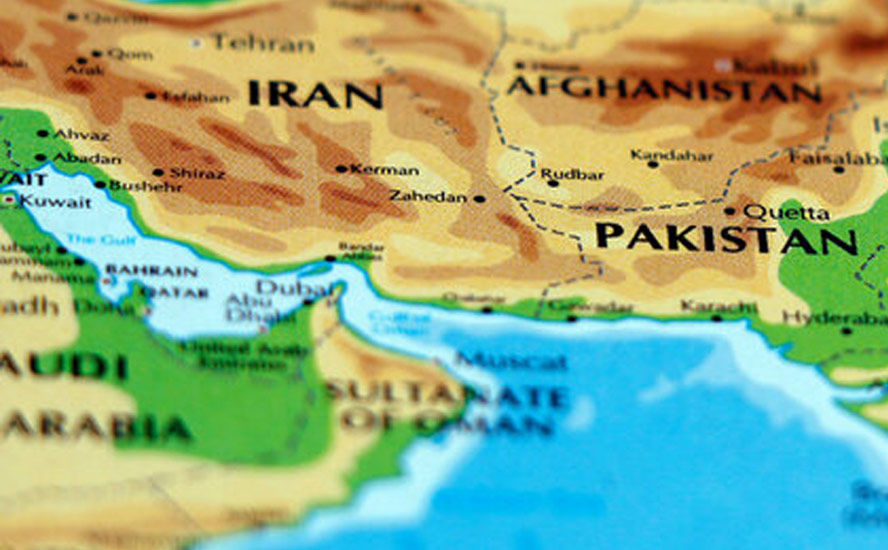

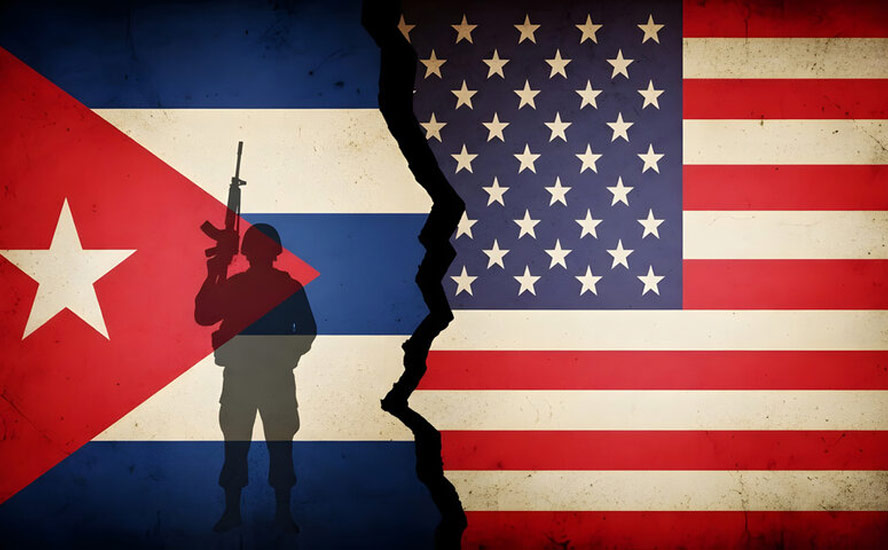







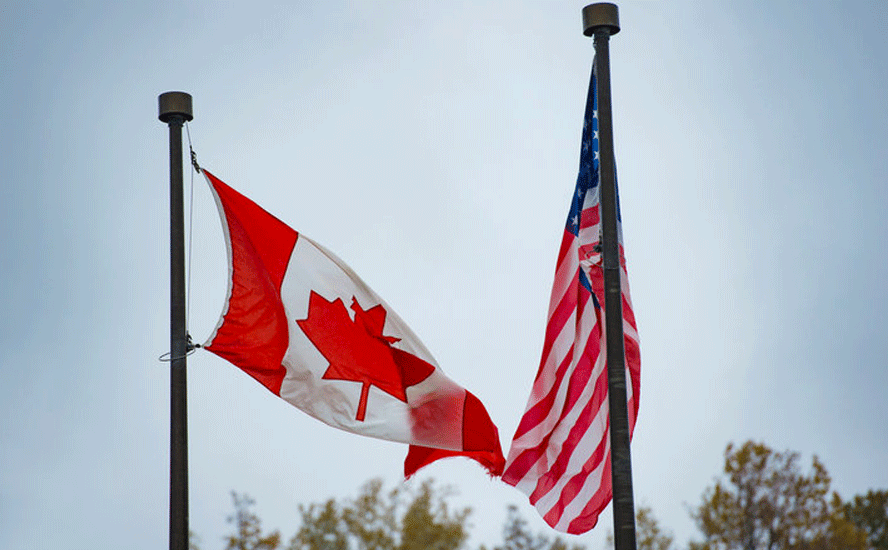

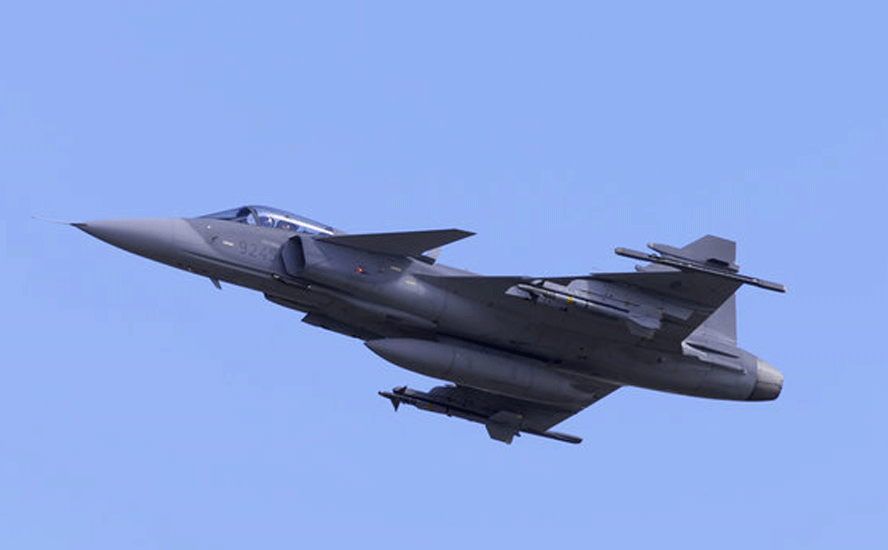




#peaceinourworld
#MonsterstoDestroy #foreignpolicy